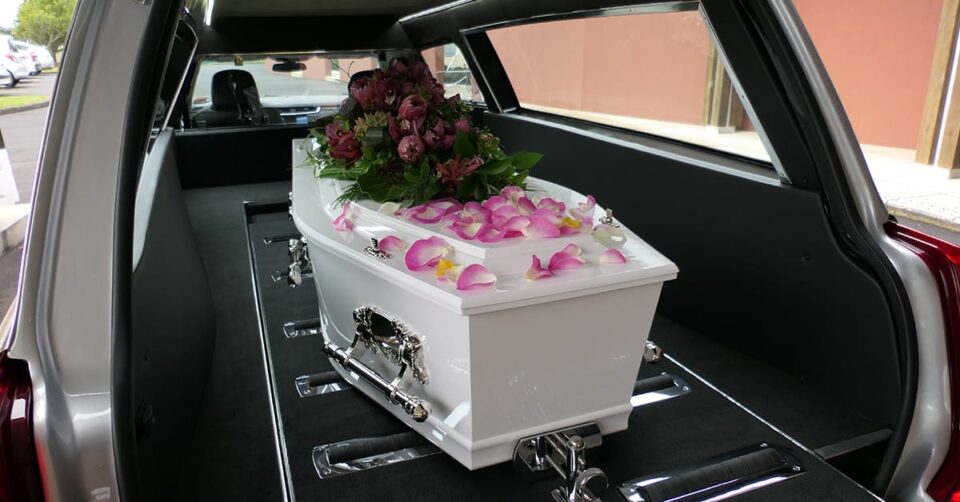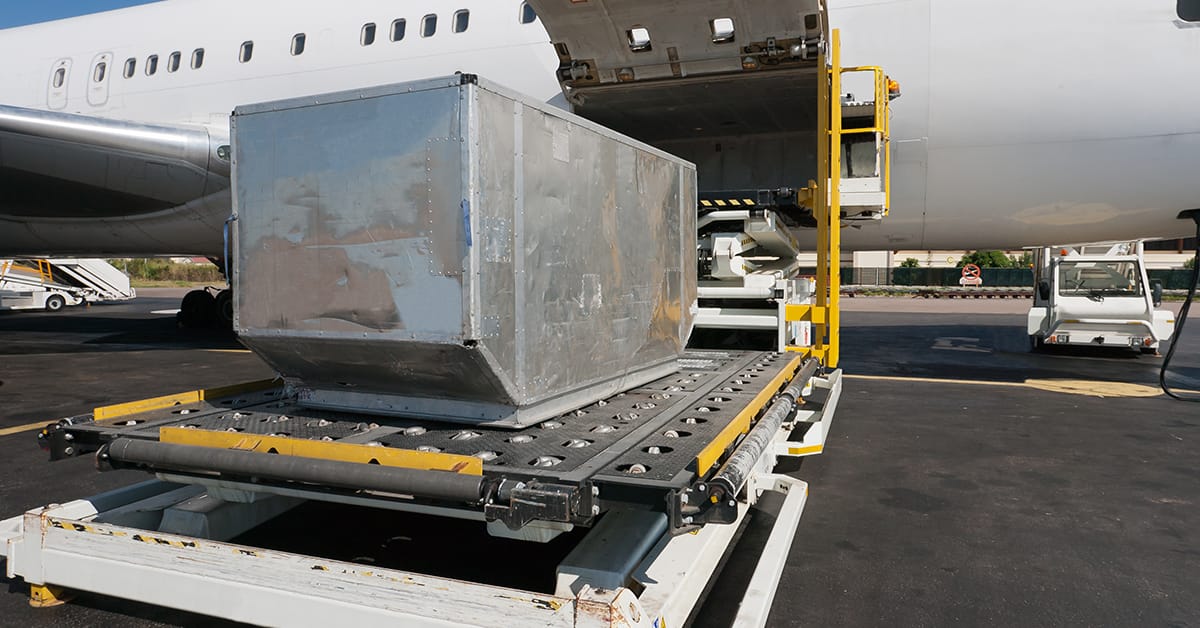Have you ever considered the profound emotional and logistical challenges families face when repatriating a loved one? The process of transporting human remains is not just a matter of logistics; it is a deeply personal journey that requires compassion, respect, and expertise. In this guide, we will explore the sensitive art of dignified repatriation, providing families with the insights they need to navigate this challenging time with grace and understanding.
Understanding the Need for Dignified Repatriation
Repatriation refers to the process of returning a deceased individual to their home country for burial or cremation. This process can arise from various circumstances, including international travel, expatriate living, or unforeseen events. Families often find themselves in a whirlwind of emotions, grappling with grief while also needing to make critical decisions regarding the transportation of human remains.
In many cultures, returning home is a significant aspect of honoring the deceased. It allows families to conduct traditional rites and ceremonies, providing closure and a sense of peace. Understanding the importance of this process is the first step in ensuring that it is handled with the utmost dignity and respect.
The Role of Professional Services in Repatriation
Engaging professional services for the transportation of human remains is essential. Companies like Arab Sas Air Cargo specialize in this sensitive area, offering expertise that can alleviate some of the burdens families face. These professionals understand the legal, logistical, and emotional complexities involved in repatriation.
From obtaining necessary documentation to coordinating with international authorities, a reputable service provider ensures that every detail is managed with care. This not only streamlines the process but also allows families to focus on what truly matters—honoring their loved ones.
Key Considerations for Families
When faced with the need for repatriation, families should consider several key factors to ensure a smooth process. First and foremost, it is crucial to understand the legal requirements involved in transporting human remains across borders. Each country has its regulations, and compliance is essential to avoid delays.
Additionally, families should be aware of the various options available for transportation. This includes choosing between air freight and ground transportation, depending on the distance and urgency. Understanding these options can help families make informed decisions that align with their needs and preferences.
Emotional Support During the Process
The emotional toll of repatriation cannot be overstated. Families are often navigating their grief while making significant decisions. It is vital for service providers to offer not only logistical support but also emotional understanding. Arab Sas Air Cargo, for instance, emphasizes compassionate care, ensuring that families feel supported throughout the journey.
Many families find solace in connecting with support groups or counselors who specialize in grief. These resources can provide valuable guidance and a safe space to express feelings during this challenging time. Recognizing the emotional aspect of repatriation is crucial for both families and service providers.
Documentation and Legal Requirements
One of the most critical aspects of the transportation of human remains is the documentation required for repatriation. Families must gather various legal documents, including death certificates, permits, and consents. Each country has specific requirements, and failure to comply can lead to significant delays.
Working with a professional service can simplify this process. Experienced providers are well-versed in the necessary documentation and can assist families in ensuring that all paperwork is completed accurately and submitted on time. This support is invaluable in reducing stress during an already difficult period.
Choosing the Right Service Provider
When selecting a service provider for the transportation of human remains, families should consider several factors. Reputation and experience are paramount. A company with a long-standing history in the industry, such as Arab Sas Air Cargo, is likely to have the expertise needed to handle complex situations with care.
Additionally, families should seek providers that prioritize customer service and compassion. The right partner will not only manage logistics but also offer emotional support, understanding the unique needs of each family. Reading reviews and seeking recommendations can help families make informed choices.
Cost Considerations in Repatriation
Cost is an important factor for families to consider when planning for the transportation of human remains. The expenses involved can vary significantly based on distance, mode of transport, and additional services required. It is essential for families to discuss costs upfront with their chosen service provider to avoid unexpected financial burdens.
Many reputable companies offer transparent pricing structures, allowing families to understand what to expect. Additionally, some may provide flexible payment options or assistance in navigating insurance claims, further easing the financial strain during this challenging time.
Navigating the Journey with Compassion and Care
The journey of repatriating a loved one is undoubtedly one of the most challenging experiences a family can face. However, with the right knowledge and support, it can also be a process filled with dignity and respect. Understanding the importance of dignified transportation of human remains allows families to honor their loved ones in a way that aligns with their cultural and personal values.
By engaging professional services like Arab Sas Air Cargo, families can navigate the complexities of repatriation with confidence. These experts not only handle the logistical aspects but also provide the emotional support necessary during such a sensitive time. As families embark on this journey, they can find solace in knowing that their loved ones are treated with the utmost care and respect, ensuring a dignified farewell.
While the path of repatriation may be fraught with challenges, it is also an opportunity to celebrate the life of a loved one and to honour their memory. With the right guidance and support, families can navigate this sensitive process, ensuring that their loved ones are returned home with the dignity they deserve.








